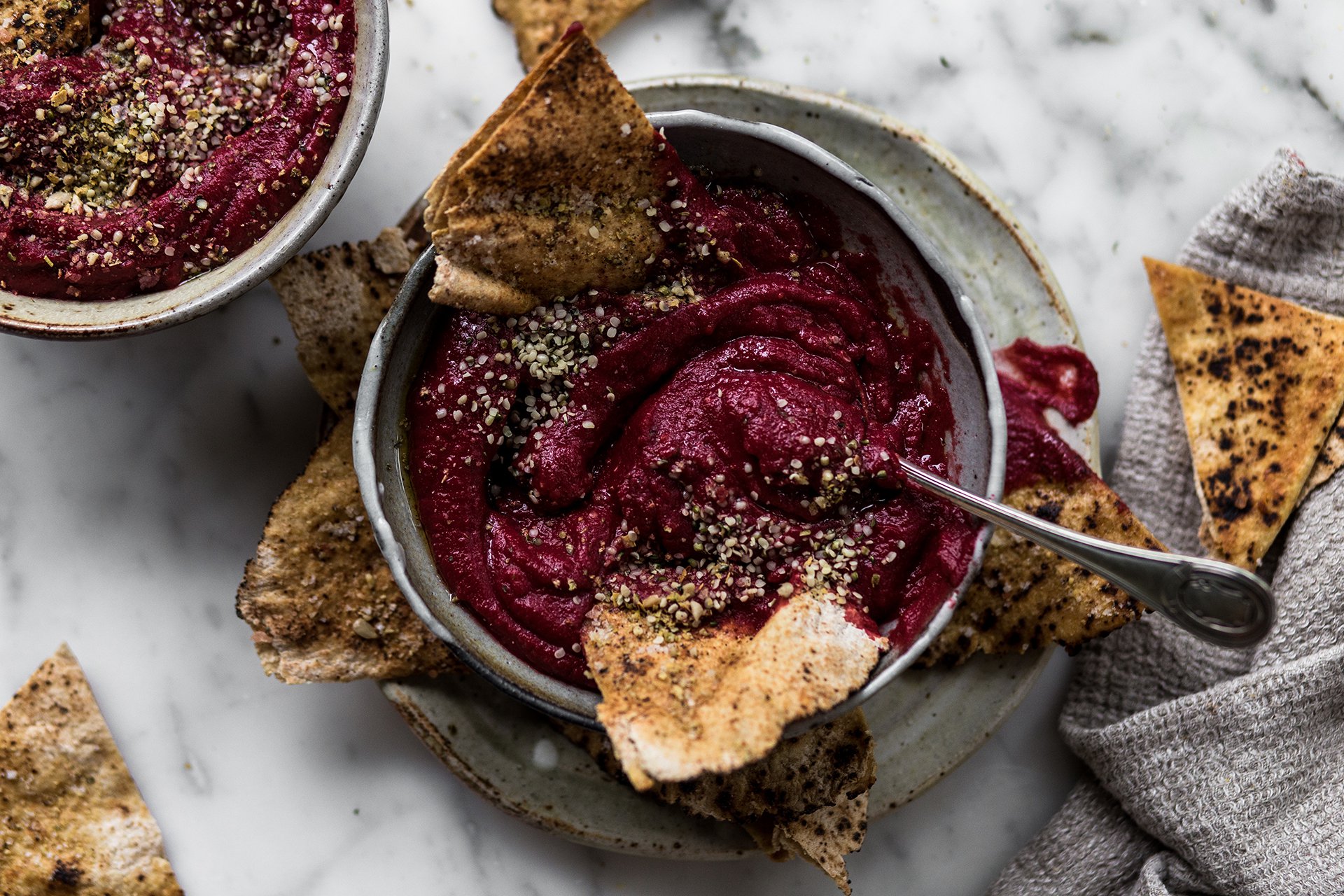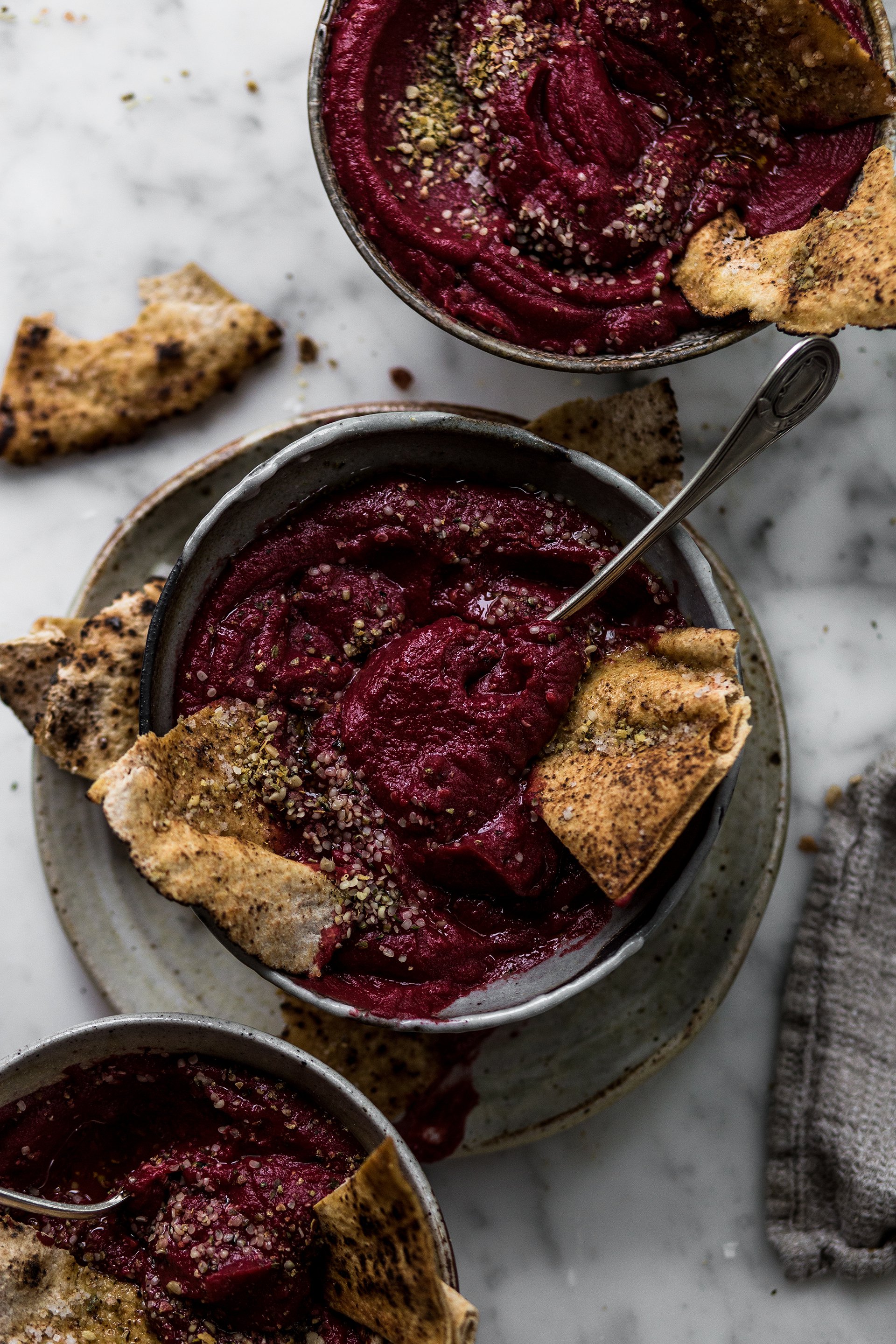Sulfur, the beauty mineral
Then I came across this Subreddit discussing hormonal acne and sulfur — the topical application which leads me to this paper on organosulfur compounds and subsequent others including this one investigating current potential health benefits of the glucosinolate sulforaphane, one of the most frequently studied plant-derived organosulfur compounds. Glucosinolates are a group of sulfur-containing glycosides found in the family of veggies known as brassicas, alliums and mushrooms. Brassicas include cabbage, cauliflower, and Brussels sprouts whereas onions, garlic and leeks are classified as alliums. Sulfur is also required for the production of glutathione, one of the most powerful antioxidants in the human body and a potent detoxifier. When our glutathione levels are deficient we lose the ability to recover from or prevent chronic illness and there are literally thousands of studies showing the health benefits of these compounds found in sulfur-rich foods. Accumulating evidence increasingly supports the beneficial effects of dietary glucosinolates on overall health, including anti-cancer, anti-inflammatory, immunomodulatory, anti-ageing and neuroprotective properties — insufficient or marginal intake of sulfur can impact a myriad of metabolic pathways and functions. Sulfur is called the beauty mineral because it helps keep your skin clear and supple and your hair and nails strong and healthy. Collagen production depends on your body getting enough sulfur.
Healing my hormonal acne naturally will require a lot of self-discovery, additional nutritional support and lifestyle changes. For one I know my tofu consumption has its limits. And so now my nutritional protocol includes eating a plant-based diet loaded with detoxifying fibre, sulfur-rich vegetables, greens and healthy fats supplemented with plant-based Omega 3s, magnesium with calcium, zinc, B vitamins and probiotics — all building blocks for amazing for skin. I’m still working on my skincare regime, looking for products that help bring down inflammation decongest and soothe while keeping skin hydrated and protected. Add incorporating some stress-reducing activities into my daily life. I think creating your own rituals and making those changes is critical to achieving consistency. That’s the only approach that will bring results. Sulfur might improve your health — your skin. It also might not because there are many factors that determine vibrancy but I do think food is so powerful when it comes to both internal and external beauty. And if you are looking to supplement but unsure where to start, these are the supplements I would recommend exploring:
Vitamin D Supplementing with 1,000 IU per day of vitamin D for 2 months significantly improved acne lesions in those deficient. Recommendations from the US Institute of Medicine suggest an intake of 400 – 800 IU, or 10 – 20 micrograms Vitamin D. Vitamin D plays a vital role in immunity — its deficiency implicated in various skin diseases, including atopic dermatitis and psoriasis. Try supplementing with vegan softgel capsules or liquid. And get some sun.
Omegas Beneficial both internally and topically as they help hydrate and strengthen the skin barrier. Omegas are biologically required for healthy skin structure and tissue regeneration. Nourishing the skin lipid barrier, Omegas function as a barrier preventing water loss and entry of harmful compounds or organisms from the environment, as well as protecting against solar radiation. No fish required, Freshfield Vegan Omegas are 100% plant-based marine algal supplements formulated to support daily DHA needs. These Omega-3 DHA flavoured drops are another convenient means of maintaining glowing skin.
B Vitamins This refers to 8 vitamins all with unique roles, all critical to nourishing the skin. Look for a B-complex with high B6 which supports hormonal balance and the nervous system. And Vitamin B12 is vital for anyone eating 100% plant-based long term. You’ll also find Vitamins B1, B2, B3, B6 and B12 in nutritional yeast — it’s prevalent in the vegan community as a plant-based replacement for cheese because of its flavour profile. Sprinkle it on everything.
Zinc Oral zinc supplements have been shown to reduce acne severity in several studies. Zinc strengthens and protects the immune system and has a critical role in maintaining skin health.
Magnesium Involved in hundreds of critical chemical reactions in your body, magnesium supports the adrenal system, emotional balance and brain function. Magnesium is highly associated with stress levels and hormonal imbalances. And as such, supplementing with magnesium can help lower cortisol production — your body's’ stress hormone, stabilising hormones and reducing acne and reactive skin.
Prebiotics and probiotics Research has highlighted the presence of a gut-brain–skin axis that connects gut microbes, and the integrity of the gastrointestinal tract itself, are contributing factors in the acne process. A daily, high-quality probiotic supplement can help cultivate a healthy and diverse gut microbiome, ensuring the best strains of bacteria are alive and balancing out the pathogenic ones. Get at least one serving of prebiotic and probiotic-rich foods every day. This vanilla flavoured prebiotic and probiotic is ideal for blending into smoothies and stirring through oatmeal. And where possible buy organic produce and products, since they’re free of toxic, microbiome-disturbing pesticides. If 30 grams of fibre sounds challenging, prebiotic supplements can help you support and maintain a healthy community of microflora.
This content is not intended to be a substitute for professional medical advice. Always seek advice from your health provider before altering your routine.





